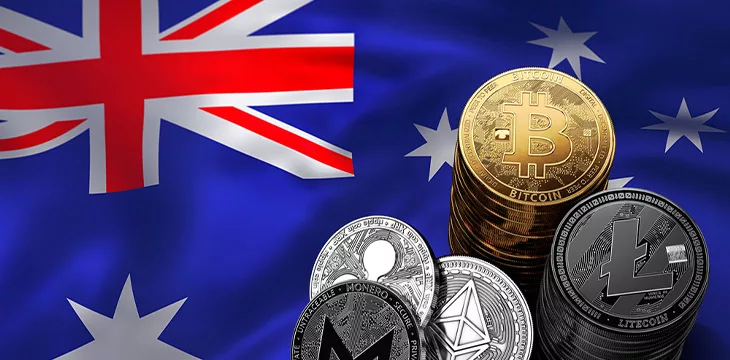Australia’s new regime proposal to bring digital asset platforms in line with financial laws
The post Australia’s new regime proposal to bring digital asset platforms in line with financial laws appeared on BitcoinEthereumNews.com. The Australian Federal Government is working on a regulatory framework for “entities providing access to digital assets” and is seeking industry input. The intention, it said, is to bring Australian regulations in line with those overseas, using existing financial frameworks. The idea is to regulate intermediaries like exchanges, service/asset issuers, and financial product advisers. The policy proposals come a week after the Treasury also signaled its intention to regulate the (non-blockchain) digital payments industry, broadening its definitions of payments and assets. While the focus of the digital payments proposal was international transfers and national security risks, the digital assets document looks more at consumer protection and “promoting innovation through technology neutrality.” It referred specifically to the FTX exchange collapse, which it noted affected 50,000 Australian consumers. Past problems with FTX and digital asset exchanges, in general, had resulted from “ineffective management practices” and “inadequate governance structures,” as well as the usual suspects of fraudulent activities, poor resilience, and conflicts of interest. Using existing financial regulations as a guide, the Treasury said digital asset facilities would have minimum standards for holding assets, intermediating platform entitlements, and transactional functions. Any license changes would apply to businesses based in Australia, whether they serve only the Australian consumer market or act as a broker for others located elsewhere. Entities holding less than AU$5 million in total assets and individual clients holding less than AU$1,500 in entitlement value would be exempted. Token functions, ‘ownership’ and ‘functional control’ Treasury clarified that its definition of a digital “token” includes only those that can be freely traded on third-party marketplaces, and (usually) not examples like event tickets and gift cards (even those that can be cryptographically signed). Digital assets, it added, function as non-physical “bearer asset” where the primary value of the token is the asset itself. However, one section acknowledges the challenges…

The post Australia’s new regime proposal to bring digital asset platforms in line with financial laws appeared on BitcoinEthereumNews.com.
The Australian Federal Government is working on a regulatory framework for “entities providing access to digital assets” and is seeking industry input. The intention, it said, is to bring Australian regulations in line with those overseas, using existing financial frameworks. The idea is to regulate intermediaries like exchanges, service/asset issuers, and financial product advisers. The policy proposals come a week after the Treasury also signaled its intention to regulate the (non-blockchain) digital payments industry, broadening its definitions of payments and assets. While the focus of the digital payments proposal was international transfers and national security risks, the digital assets document looks more at consumer protection and “promoting innovation through technology neutrality.” It referred specifically to the FTX exchange collapse, which it noted affected 50,000 Australian consumers. Past problems with FTX and digital asset exchanges, in general, had resulted from “ineffective management practices” and “inadequate governance structures,” as well as the usual suspects of fraudulent activities, poor resilience, and conflicts of interest. Using existing financial regulations as a guide, the Treasury said digital asset facilities would have minimum standards for holding assets, intermediating platform entitlements, and transactional functions. Any license changes would apply to businesses based in Australia, whether they serve only the Australian consumer market or act as a broker for others located elsewhere. Entities holding less than AU$5 million in total assets and individual clients holding less than AU$1,500 in entitlement value would be exempted. Token functions, ‘ownership’ and ‘functional control’ Treasury clarified that its definition of a digital “token” includes only those that can be freely traded on third-party marketplaces, and (usually) not examples like event tickets and gift cards (even those that can be cryptographically signed). Digital assets, it added, function as non-physical “bearer asset” where the primary value of the token is the asset itself. However, one section acknowledges the challenges…
What's Your Reaction?







































